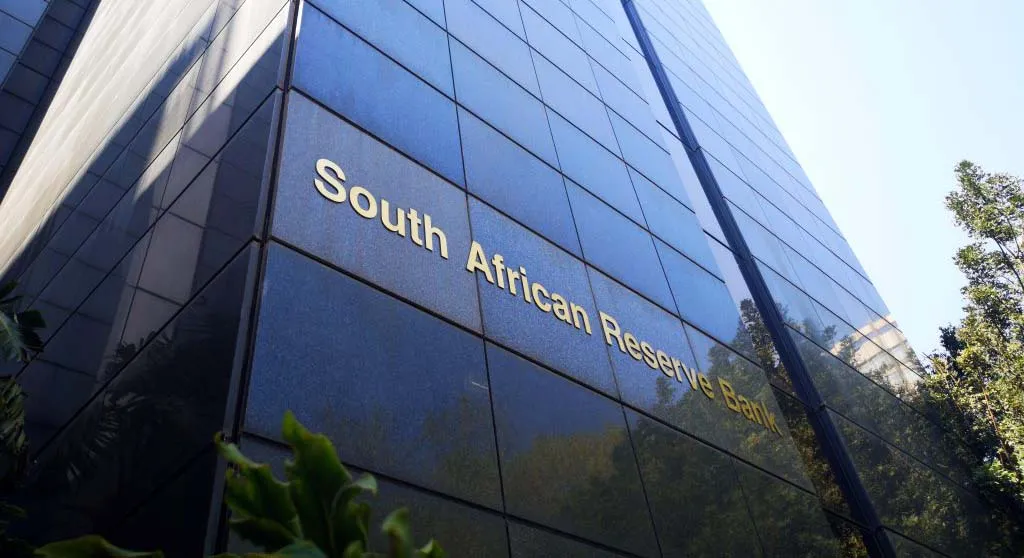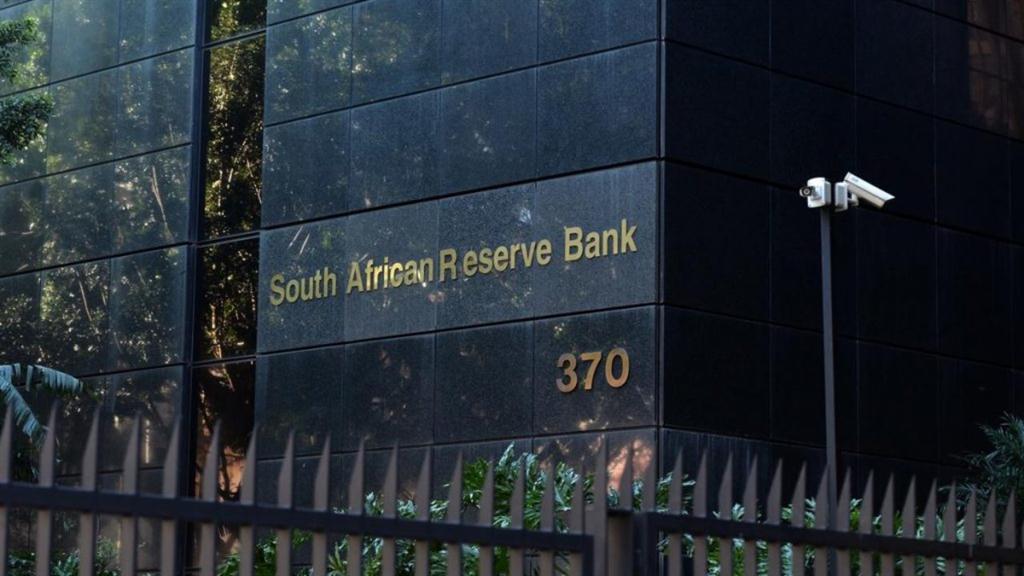Physical Address
60 Ekwema Cres, Layout 460281, Imo
Physical Address
60 Ekwema Cres, Layout 460281, Imo

South Africa’s financial world is about to change in a big way. The South African Reserve Bank, known as SARB, has announced that it will open its national payments system to fintech companies. This means that non-bank businesses, like mobile money and digital wallet providers, can now take part in the National Payment System (NPS), something that was only allowed for banks before. This move is part of SARB’s plan called the Payments Ecosystem Modernisation, or PEM, which aims to make payments simpler, faster, and more secure for everyone.
The National Payment System is very important because it’s the main platform where all the country’s money transfers happen. It makes sure that payments go through safely and correctly when you buy something, pay your bills, or send money to friends and family. Up until now, only banks could connect to this system, which meant they had control over these payment services. But now, with SARB opening its national payments system to fintechs, many more companies will be able to offer their own payment solutions.
Read Next: Britam General Insurance Launches EV Insurance In Kenya
This is great news for many people in South Africa who don’t have access to banks. Fintech companies often bring new, affordable ways to pay and get paid, especially to those living in rural areas or who don’t have bank accounts. By letting fintechs join the national payments system, SARB is helping these businesses create better, faster services that can reach lots more people.

Of course, allowing fintechs in also means there are new risks. SARB knows this and has put in place rules to keep the system safe and to protect people who use these services. Fintech companies will need to follow important rules about handling money, keeping customer information safe, and protecting against fraud and money laundering. SARB has made sure these requirements are fair – fintechs will have to meet rules that fit their size and risk levels. This way, smaller companies aren’t overburdened, but the system still remains safe.
SARB released a detailed Draft Directive earlier this year explaining exactly what fintech companies must do to join the National Payment System. This includes rules about who can run these companies, how much money they need to keep in reserve, and the kinds of security they must have. There’s also a new Draft Exemption Notice which says that fintechs can do many payment activities—like issuing e-wallets, making fast payments, or clearing transactions, without being treated the same way as full banks.
This approach is all about balance. SARB opens its national payments system to fintechs to encourage new ideas and competition while making sure that consumers and the entire payment system stay protected. The goal is to make sure people’s money is safe and that the payments network keeps working well for everyone.
Read Next: Twitch has Suspended Monetisation in Kenya Due to Local Taxes and Levies
South Africa’s payment system is becoming more modern and open, thanks to this big change. With fintech companies entering the picture, more South Africans will have access to affordable financial services, whether they live in cities or remote areas. This will help more people join the financial system and make sending and receiving money easier than ever.
SARB opens its national payments system to fintechs with rules that protect everyone while letting new businesses bring fresh ideas to the table. This step will help South Africa’s financial ecosystem grow stronger, more inclusive, and ready for the future. It’s an important moment that will benefit a lot of people by creating a better, safer way for them to make payments every day.
Was this information useful? Drop a nice comment below. You can also check out other useful contents by following us on X/Twitter @siliconafritech, Instagram @Siliconafricatech, or Facebook @SiliconAfrica.